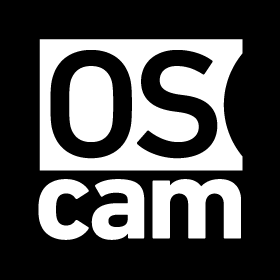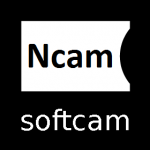
The Vu+ (pronounced VuPlus), is a series of Linux-powered DVB satellite, terrestrial digital television receivers (set-top box), produced by Korean multimedia brand Ceru Co., Ltd..
All older Vu+ hardware set-top boxes are MIPS-powered, newer are all ARM-powered and uses Enigma2 image based software as firmware.
Its firmware is officially user-upgradable, since it is a Linux-based computer, as opposed to third-party “patching” of alternate receivers. Firmware is based on Enigma 2, which was originally designed for Dreambox by Dream Multimedia. All units support Conax conditional access (CA) system, with software-emulated conditional-access modules (CAMs) available for many alternate CA systems. The built-in Ethernet interface allows networked computers to access the recordings on the internal hard disks and stream live picture from the tuners. It also enables the receiver to store digital copies of DVB MPEG transport streams on networked filesystems or broadcast the streams as IPTV to VideoLAN and XBMC Media Center clients. Unlike many PC based PVR systems that use free-to-air type of DVB receiver cards, the built-in conditional access allows receiving and storing encrypted content.
In the beginning of September in 2011, Dream Multimedia obtained a temporary injunction against the Satco Europe GmbH company for using their “Enigma 2” name in an advertising flyer to promote the Linux operating system installed on the Vu+ set-top-boxes, as “Enigma”(2) is a registered trademark name of Dream Multimedia GmbH.




